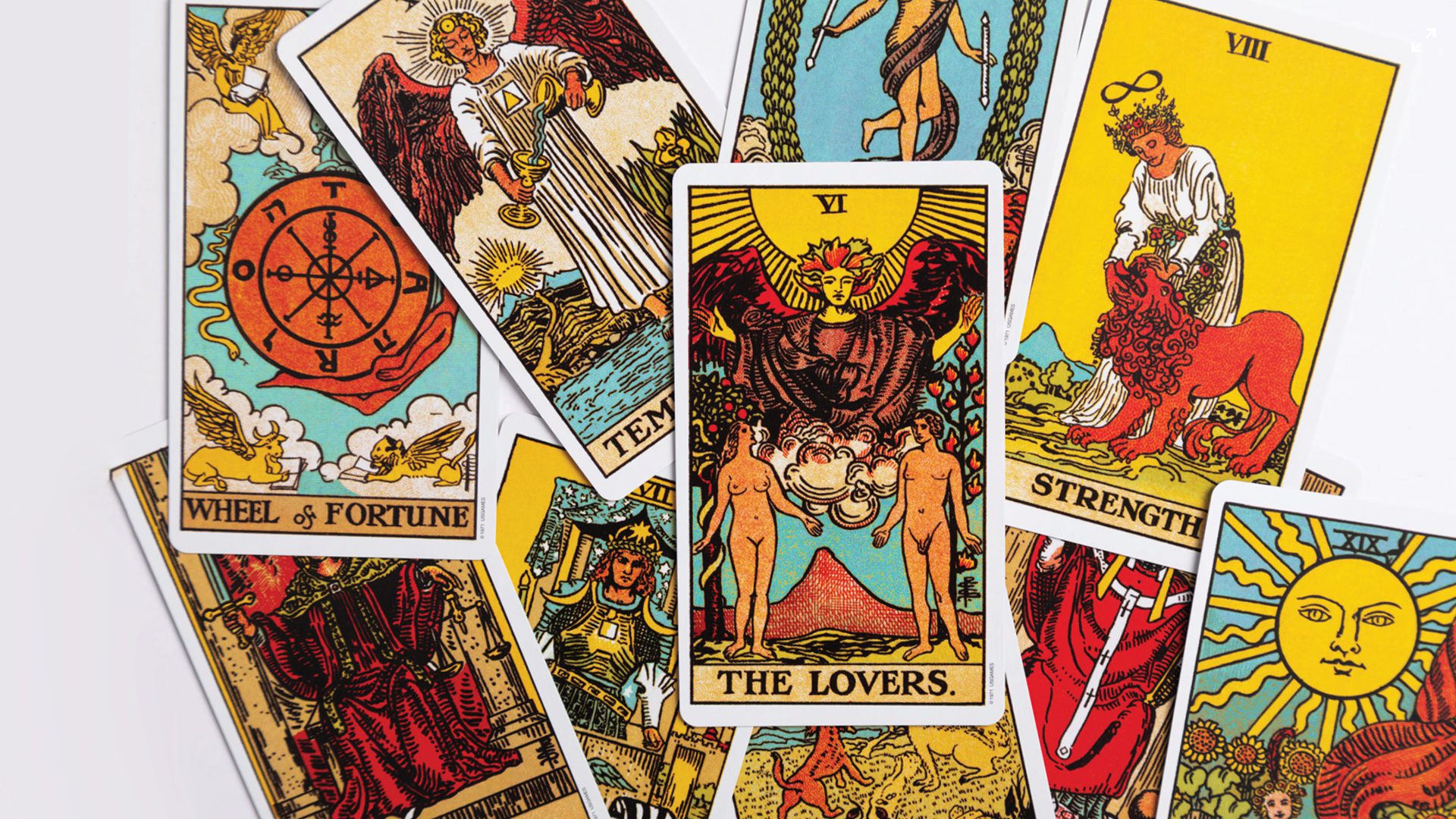
Become a Jungian Coach and learn to facilitate coaching sessions with clients or co-workers
In this comprehensive certificate program, you will acquire skills and tools that you can implement in coaching others in their personal and professional development.
The experiential program combines theory with practice and aims at integrating Jungian theory with the personal experiences of the coaching practitioner.
In addition, this transformational program will facilitate recognizing how the psyche calls on you to become who you truly are. Establishing this meaningful connection with the psyche is key for both the coach and the client.
The purpose of this coaching program is to cultivate and broaden a practitioner’s consciousness, to communicate openly, listen actively, develop and maintain rapport, inspire, and motivate others to achieve their goals.
At the end of this program, you will be able to facilitate coaching sessions and help people maximize their potential. Successful candidates are also eligible for accreditation as Jungian Coach.
1 Introduction +
5 Weekends (2 days each) +
Closing Event
5 hours / day
What you will receive
Handbook for Jungian Coaching
+ Audio/video clips of Jung Platform faculty members, including clips of: James Hollis, Dennis Slattery, Jean Shinoda Bolen.
Access to your own Jung Platform account where all the content you've purchased will be stored.
Course Description
Day 1. Introduction & getting connected
On the first day, the group members of this program meet each other. This first day is an opportunity for cultivating interpersonal connections, exploration of intimacy, spontaneity and connection, and managing confidentiality in an online program setting. It includes several coaching exercises.
Module 1. Intro to coaching & the wounded healer
In this first module, we will explore the values, inter-/intra-personal skills, the competencies of a coach, and conducting an intake in the coaching process.
We’ll also have an in-depth look at the different coaching dynamics such as projections, transference, and countertransference, and how to work with them.
Carl Jung has emphasized upon a professional’s own hurt and how this ‘gives the measure of the power to heal’. With this in mind, we will explore the archetype of the Wounded Healer in this module. You will gain an understanding of how your wounding and adaptive behavioral patterns affect the professional relationships you have with others.
Topics
- Coaching values, attitudes, and code of ethics
- Coach core competencies
- Archetype of a wounded healer
- Individuation process
- Relational dynamics: projections, transference, and countertransference
Module 2. Shadow work in coaching
Personal and professional development both require shadow work. Shadow is that part of our being that is threatening to our ego, and which often acts independently of our wills. Shadow work is an important part of this certificate program.
To make sure your coaching fits with your client’s values, needs, and their individuation process, you need to know how the psyche communicates through images, symbols, and symptom formation.
For transformation to occur, we need to connect with our bodies. This module will also focus on body work, and relate to the body as our soul friend when we are coaching.
Topics
- Shadow work for client and coach
- Professionalism in your coaching practice
- Body as a soul friend
- Language of the psyche: symbols (and symptom formation)
Module 3. The deeper currents running through life
This third module has a focus on the deeper motivations in our own lives as well as those of our clients. For instance, when do complexes run the course of our lives? When are we driven by compensation? How do our fundamental beliefs co-create the world around us? Which archetypal patterns run our lives? These are some of the questions dealt with in this session.
To get a sense of what drives us in our lives, we will also look at fairytales and mythology and how they have the potential to deepen the understanding of ourselves and others.
In this practical module, the focus is on recognition, acknowledgment, and tending to these deeper dynamics in the coaching sessions with clients or co-workers.
Topics
- Coaching and individuation: moving towards wholeness
- The sovereignty of the client
- Facilitation of transformation processes (applying an alchemical lense)
- Deeper dynamics between the coach and client
Module 4. Working with images and dreams
This fourth module on images and dreams is about the acknowledgement of the individuation process, how this affects our coaching, the way we structure the coaching sessions, and how it impacts the role of the Jungian coach.
In this module, we will be working with active imagination, alchemy, and receiving (dream) guidance from the Soul in personal and professional development.
Topics
- Working with the unconsciousness in coaching
- Apply dreamwork and active imagination in coaching
- Holding space for client and expressions of the Self
- Witnessing and finding guidance in life
Module 5. Transformation process
This last module, we will look at the existential life themes that are part of each coaching session—both implicit and explicit. We will explore how existential matters including life and death, the meaning of life, and call and purpose, impact the way we approach our coaching questions.
In this last module, you will gain a sense of how to navigate life’s ongoing transformations and the transpersonal work deriving from them. This increases the understanding of our role and task in coaching and working with clients as Jungian coaches.
Topics
- Spiritual perspectives in coaching
- Transformation process, cycle of death, and rebirth
- Meaning of life, call, and purpose
Ongoing transformational work for client and coach
Last Day. Closing event
The program of this last day is centered around the celebration of each transformation and taking a closer look at saying goodbye. How do we let go? How do we keep what truly matters to us? How can we relate to life’s ongoing stream like a river? These are some questions that will guide us during the closing event.
Other programs elements
Elements to be scheduled during the training program, in collaboration with others and some on your own:
- 4 online peer group meetings (2 hours each)
- Coaching sessions with practice clients (minimum of 10 hours)
- Application of Jungian concepts on your own development – after each of the modules (2 hours each)
- Optional: 1 online session with trainer / supervisor (30 min)
- Development of a report on coaching sessions
- Read handbook of coaching
- Watch/listen the clips that are part of the course
This certificate program is ideal when
- You have a desire to become a life coach and see clients
- You wish to apply coaching skills in your current work with people (this could be as an HR consultant, manager, or project manager)
- You want to gain coaching competencies
- You wish to expand your range of skills, tools and techniques
- You have a bachelor's degree or a professional experience that is up to this level
By the end of this course, you will be able to
- Facilitate coaching sessions in alignment with professional practices described in the Core Competencies of IACTM.
- Facilitate coaching sessions to help people excel, gain more confidence, improve performance, achieve goals, and connect to their life’s purpose.
- Foster and facilitate transformational processes in yourself and others.
- Describe key Jungian concepts and apply them in life coaching.
- Serve the Self in its desire to become whole by applying active imagination, dreamwork, and shadow work.
How you will benefit
- You can get a Coach accreditation by the International Association of Coaches, Therapists and Mentors (IACTM).
- You will establish a deep and meaningful connection to your psyche/soul.
- You gain skills that will improve your relationships.
- You will experience transformation because of inner work that comes up in working with others.
- You will be connected to like-minded individuals and gain a sense of community.
- You will bring coaching expertise to your organization.
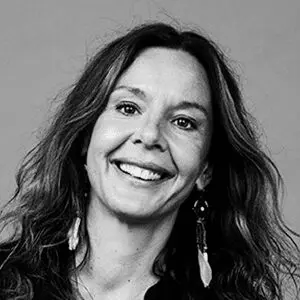


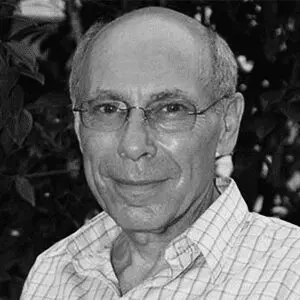 5 Teachers
5 Teachers 

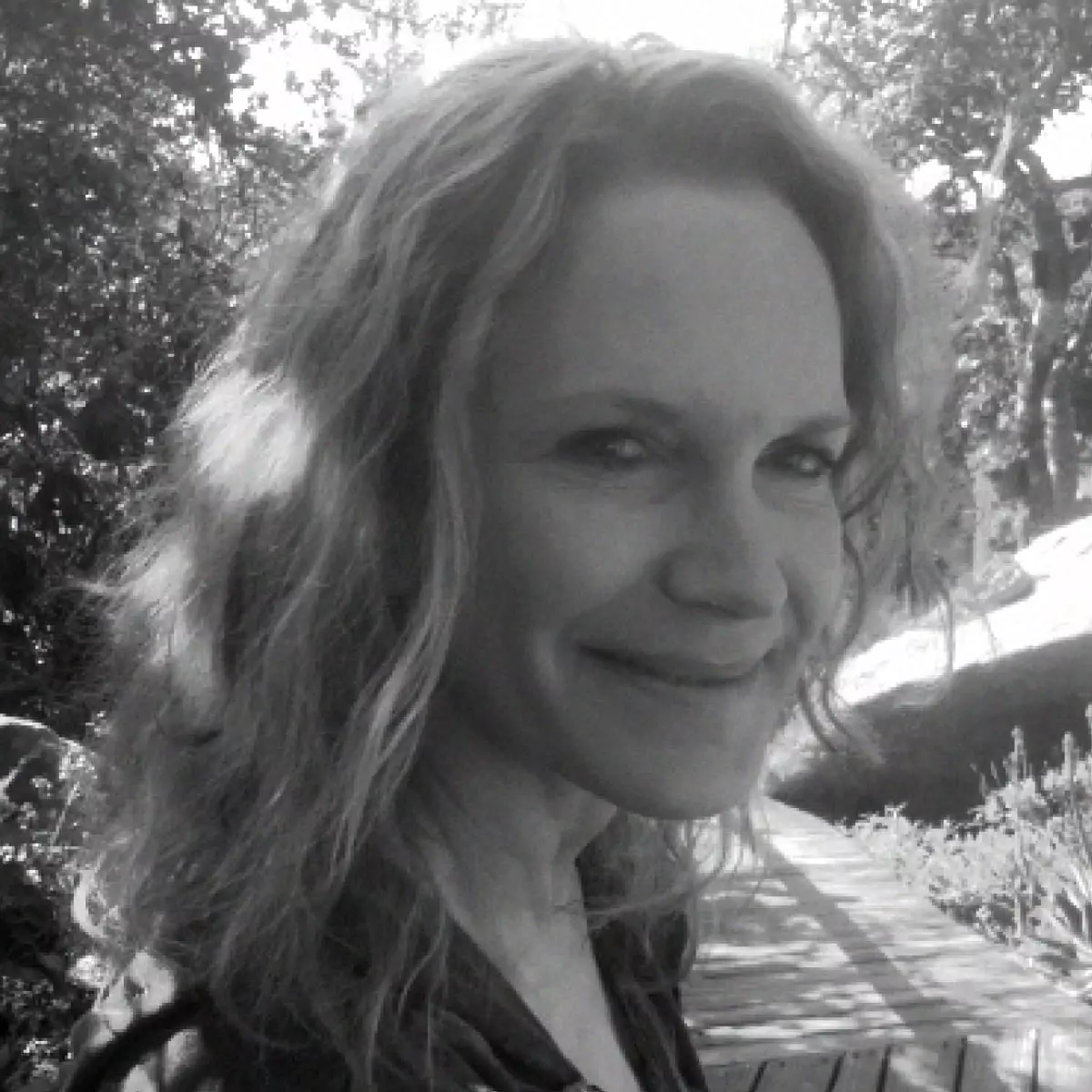 11 Teachers
11 Teachers 
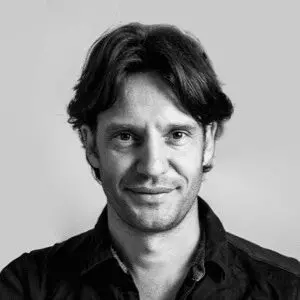 2 Teachers
2 Teachers 


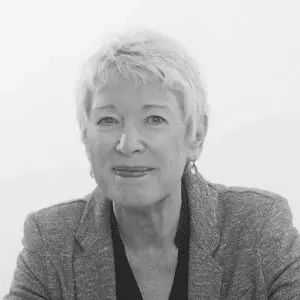
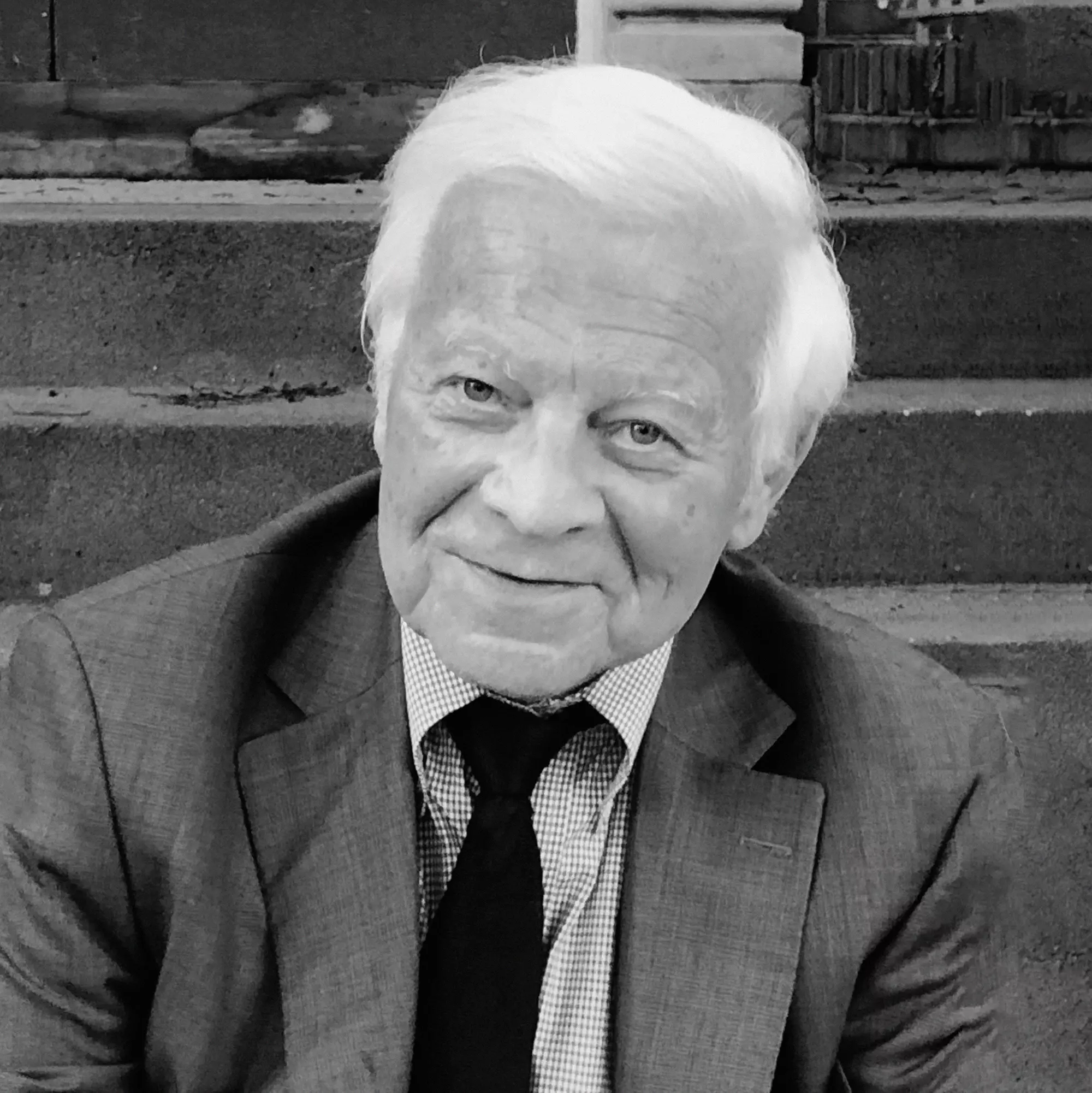 12 Teachers
12 Teachers 


